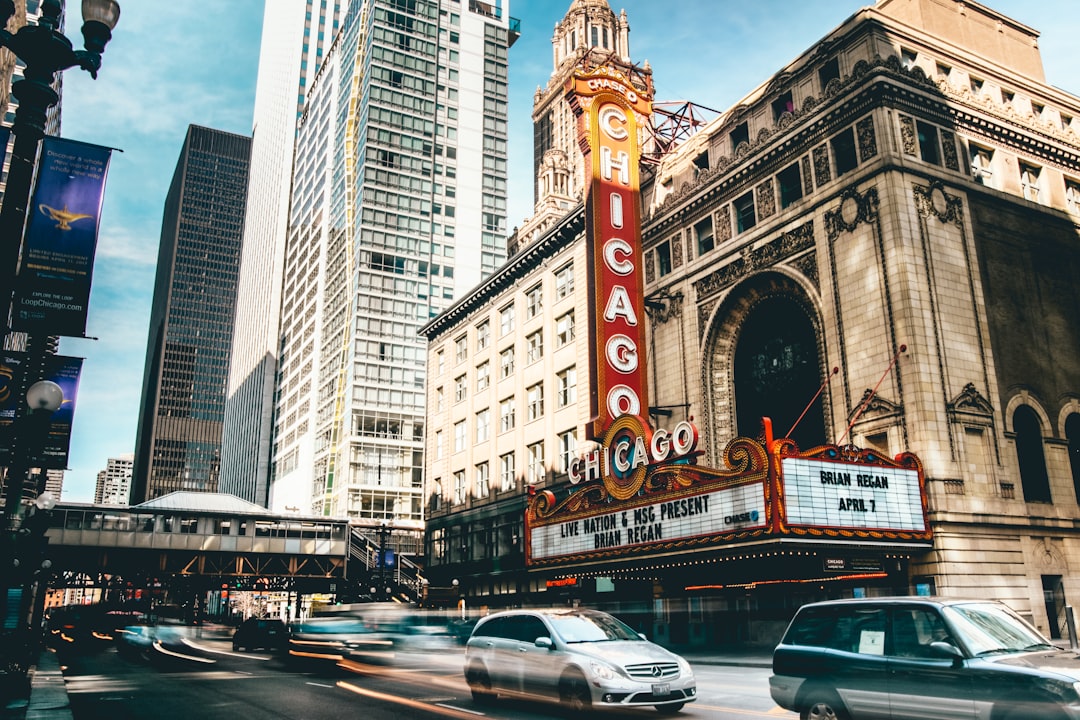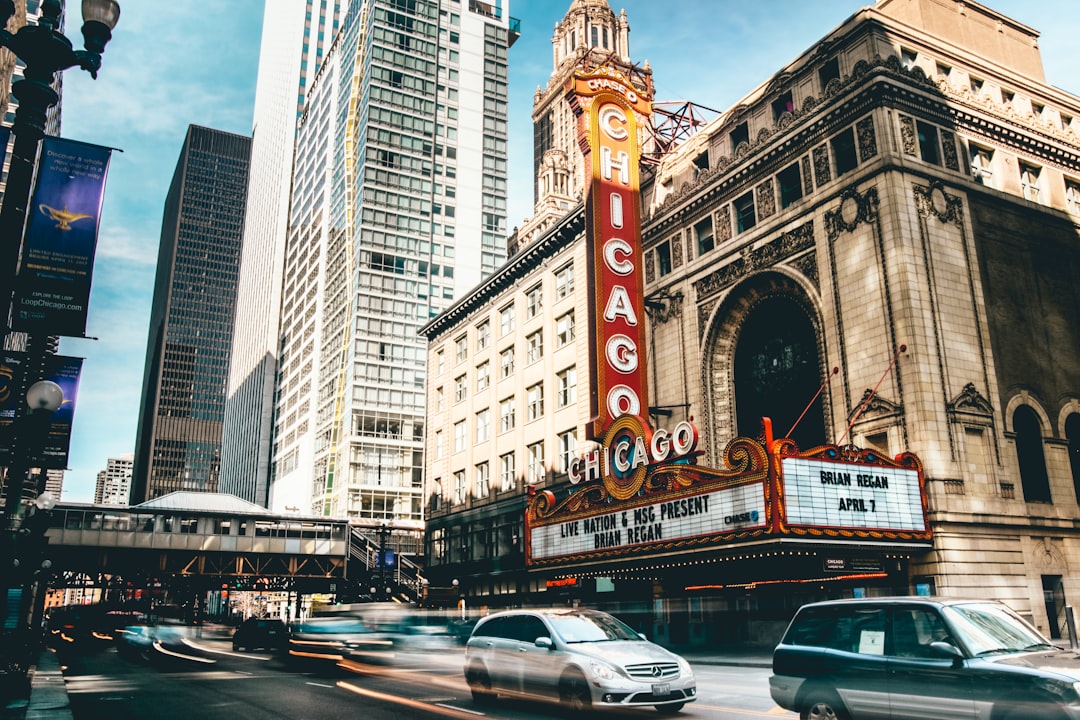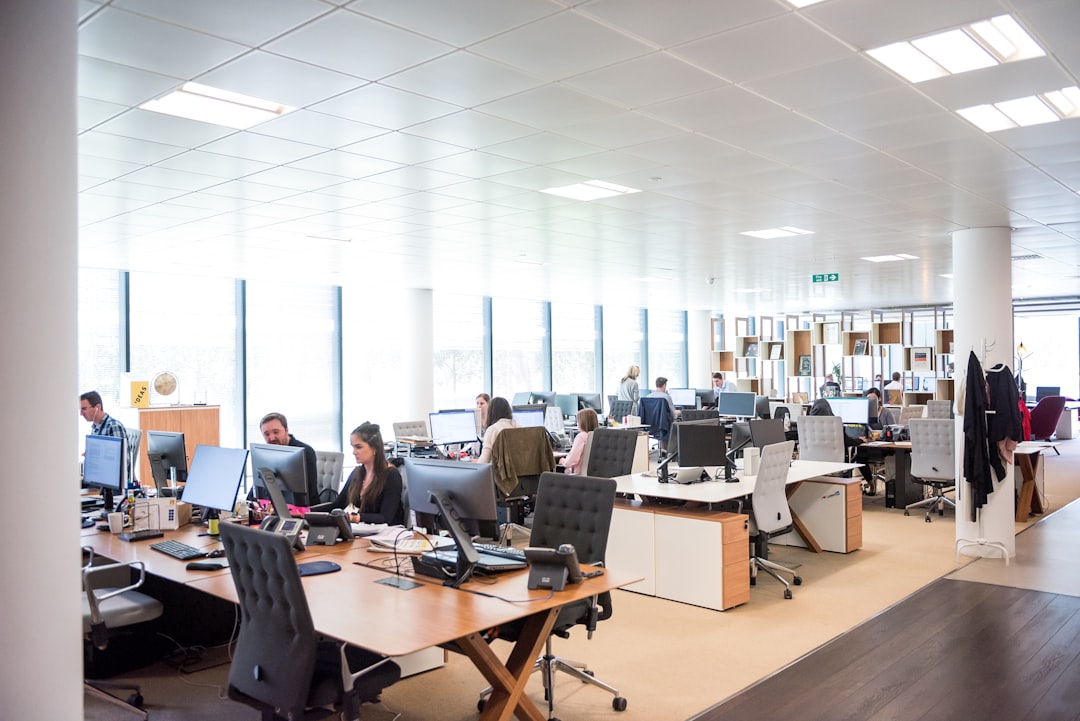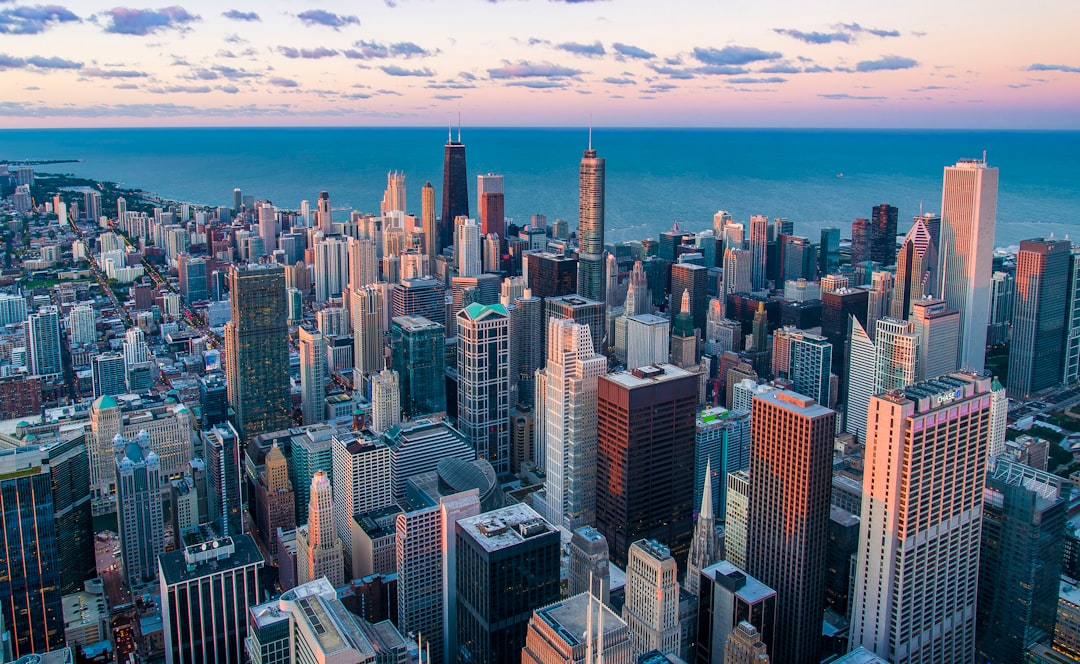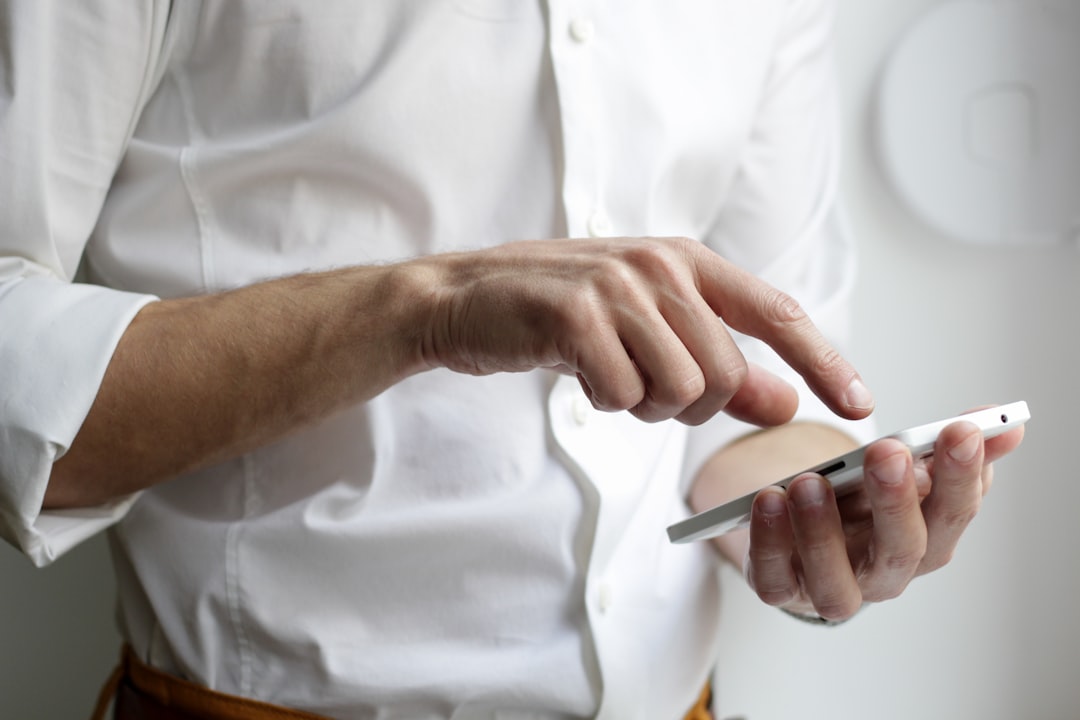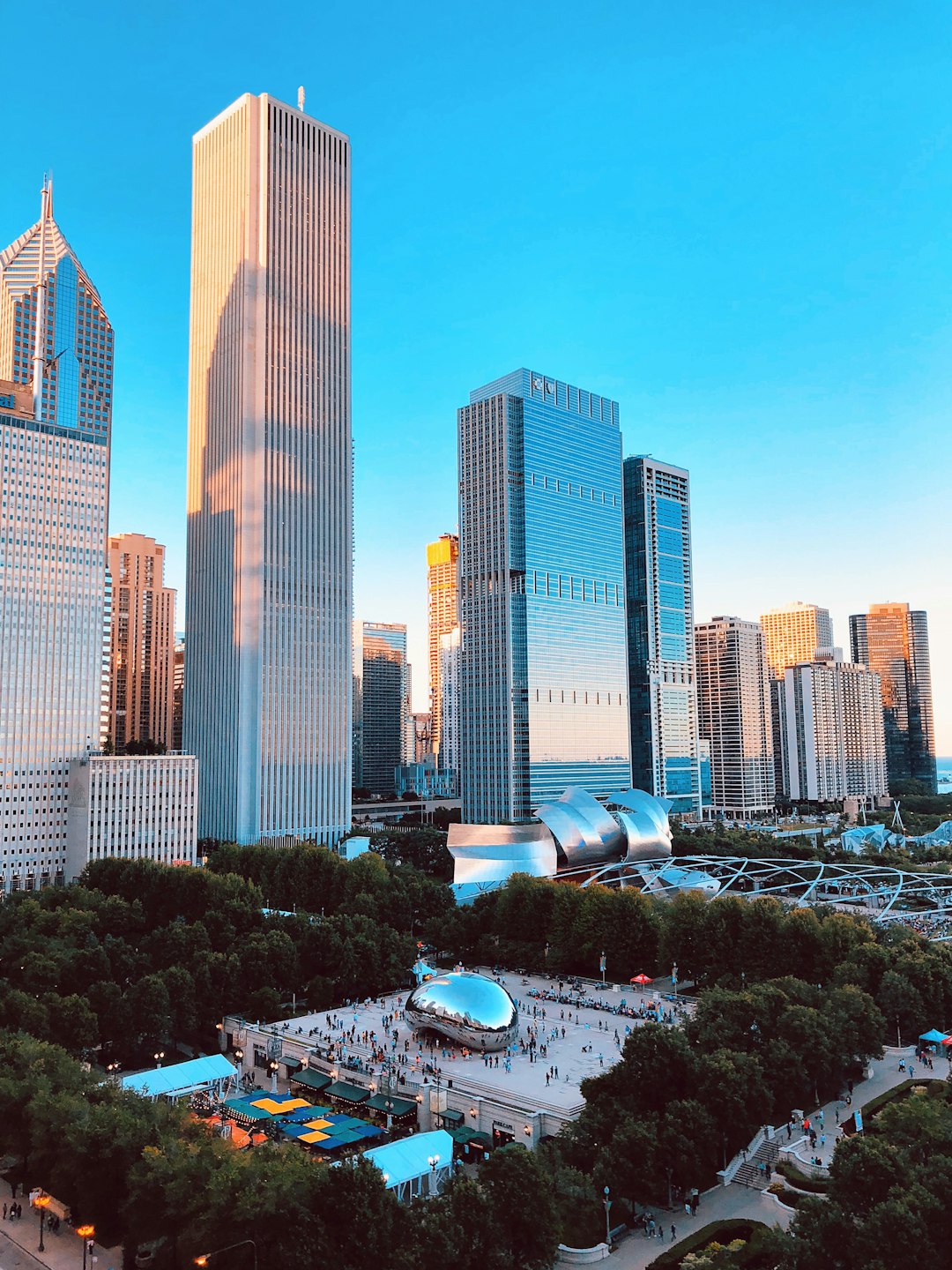Caller ID spoofing is a growing problem in Chicago, with telemarketers and scammers misrepresenting their identities to trick residents. As technology makes spoofing easier, Chicagoans seek protection under consumer laws and consult lawyers for Do Not Call Chicago to combat this issue, ensuring they understand their rights and take action against deceptive practices.
In the digital age, Chicago residents face a subtle yet pervasive threat: caller ID spoofing. This deceptive practice involves manipulating phone numbers to mislead recipients about the origin of a call. With rising instances of fraud and telemarketing abuse, understanding this phenomenon is crucial. This article explores what caller ID spoofing entails, its impact on Chicagoans, and highlights legal protections available through a lawyer for Do Not Call Chicago.
What is Caller ID Spoofing?
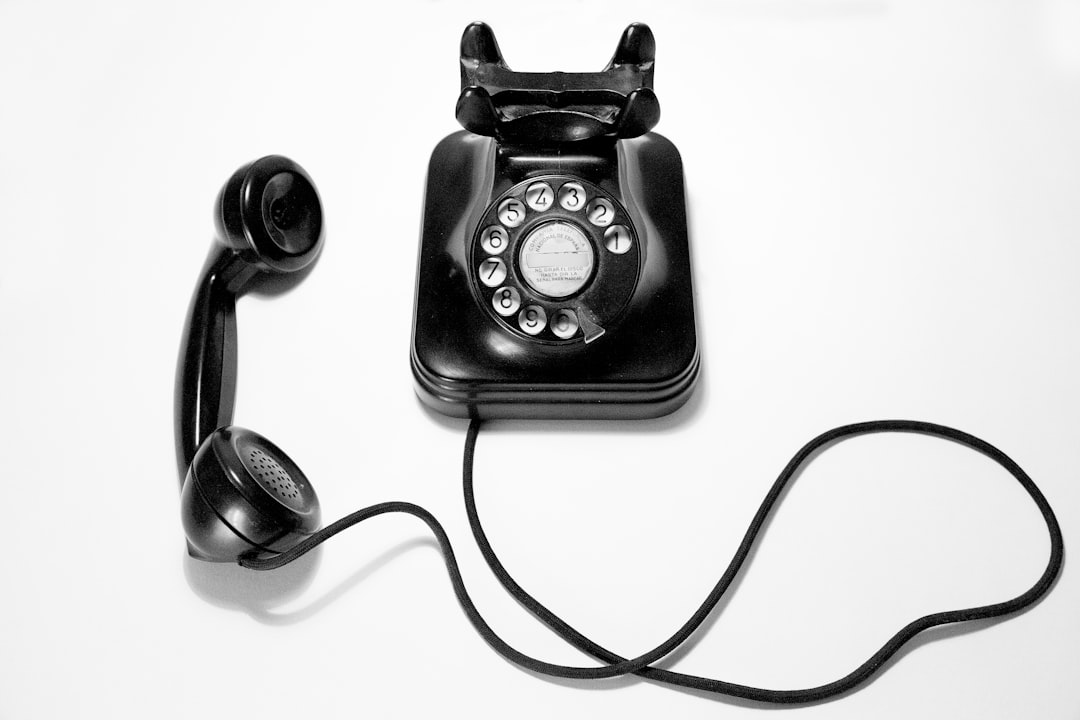
Caller ID spoofing is a deceptive practice where individuals or entities intentionally misrepresent their identity on phone calls. This occurs when a caller alters their displayed name and number to appear as someone else, often with malicious intent. In Chicago, this issue has become a growing concern, prompting many residents to seek legal aid from experienced lawyers specializing in Do Not Call laws.
The practice is particularly prevalent with telemarketers and scammers who attempt to trick individuals into providing personal information or making purchases by masquerading as trusted sources. With advanced technology, spoofing can be easily achieved, making it challenging for recipients to verify the authenticity of incoming calls. This has led many Chicagoans to be wary of unknown numbers and seek protection under local consumer laws, with the assistance of a lawyer for Do Not Call Chicago.
How Does it Affect Chicago Residents?
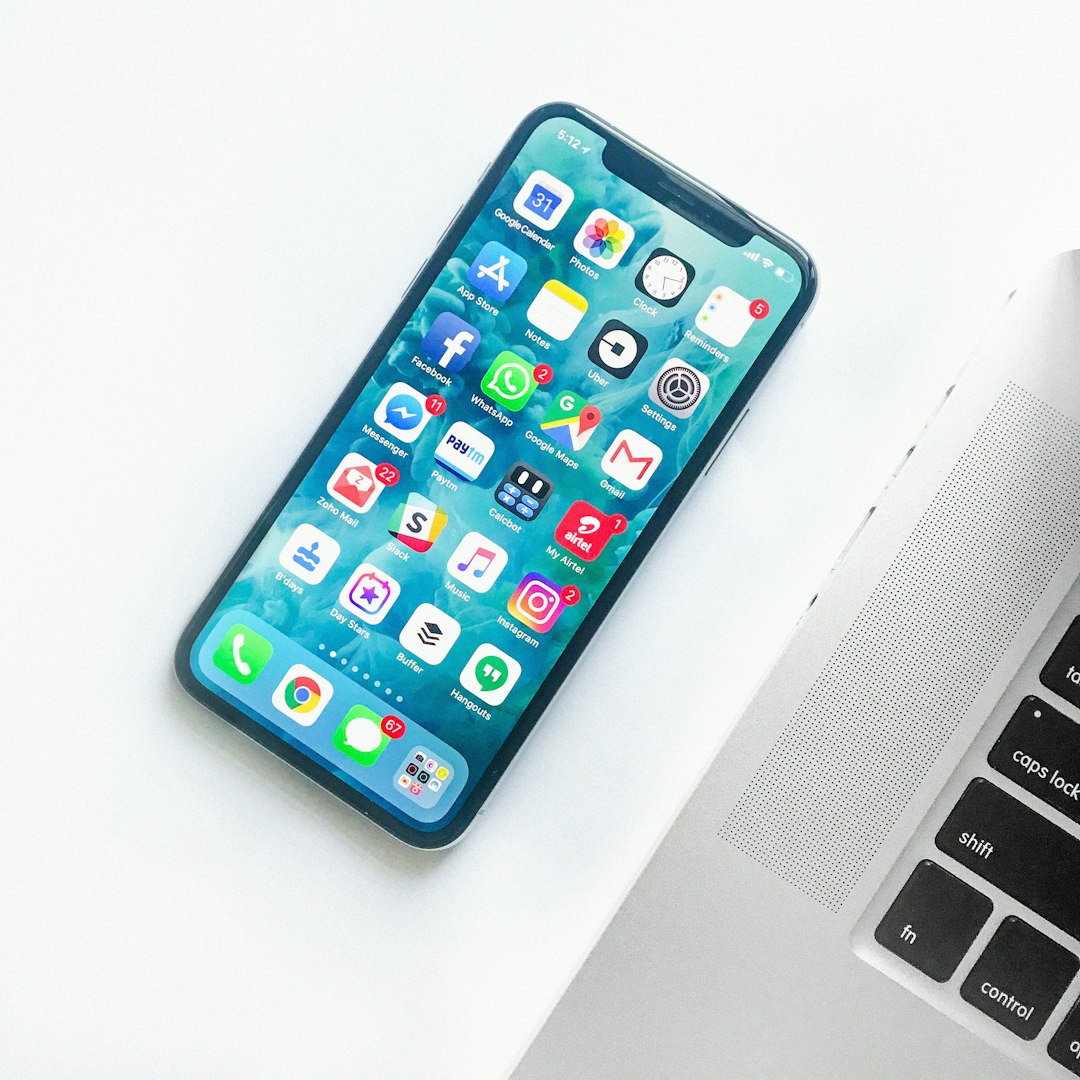
Caller ID spoofing, a deceptive practice where a caller’s number is manipulated to appear as someone else’s, has become a growing concern for residents in Chicago. This technique often leaves victims confused and vulnerable, especially when it comes to legal protections. In Chicago, as across many parts of the country, there are strict laws against unsolicited telephone solicitations, commonly known as the “Do Not Call” list. However, when a caller’s ID is spoofed, it becomes difficult for residents to identify legitimate calls from sales representatives or lawyers, potentially leading to unwanted and even harmful interactions.
For Chicagoans, this can result in a range of issues, from wasted time dealing with fraudulent calls to potential legal entanglements. If a resident receives a call that appears to be from a lawyer or a reputable organization but is later revealed to be spoofed, they might inadvertently provide personal information or even sign legal documents without understanding the implications. This highlights the importance of being vigilant and, in case of doubts, consulting a lawyer specializing in Do Not Call regulations to understand their rights and take appropriate action against such deceptive practices.
Legal Protections and Seeking Help from a Lawyer for Do Not Call Chicago
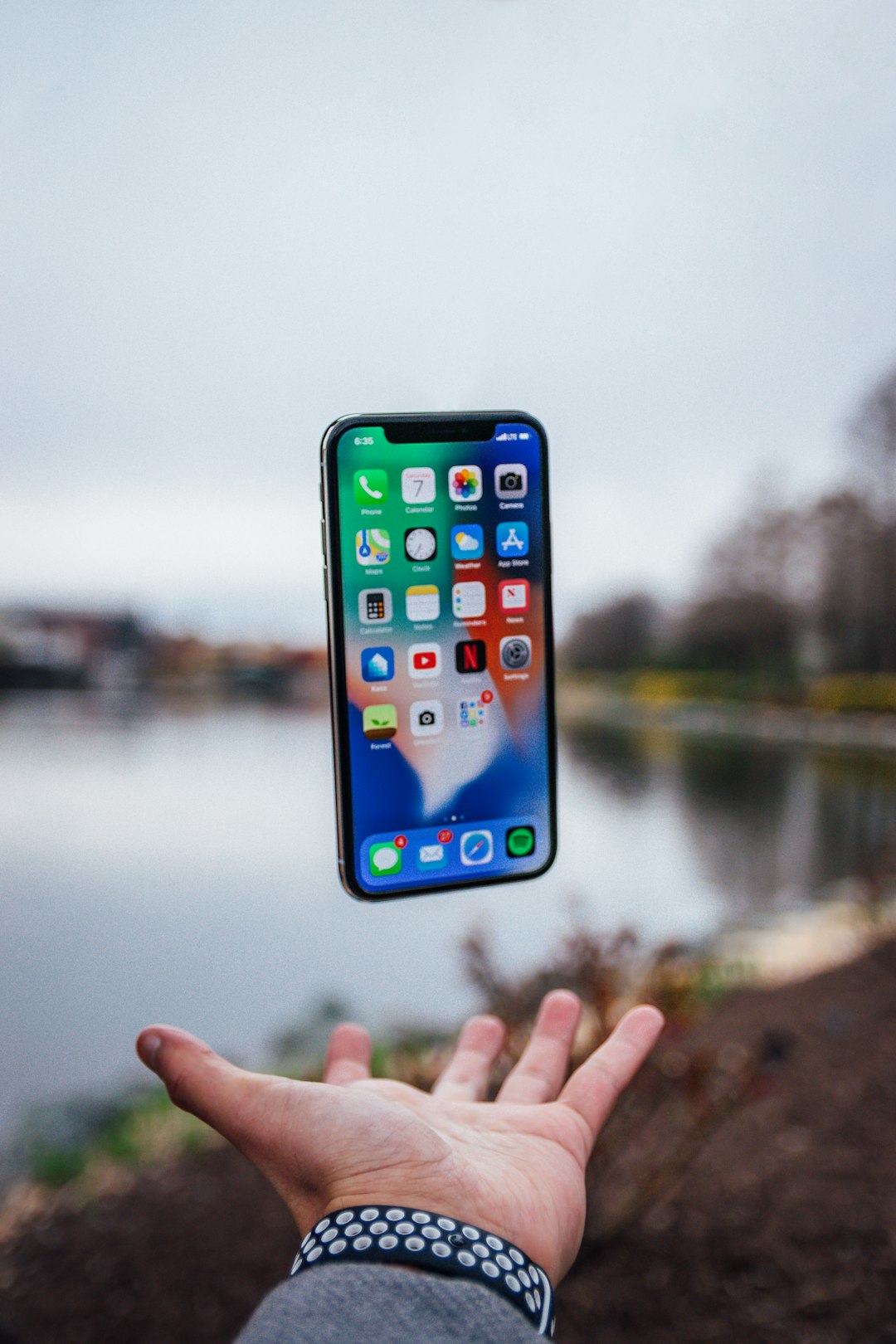
In Chicago, caller ID spoofing is a growing concern, with individuals and businesses alike falling victim to fraudulent calls. While federal laws like the Telemarketing and Consumer Fraud and Abuse Prevention Act offer protections against certain types of spoofing, state-level regulations like Illinois’ Do Not Call list provide an additional layer of security for residents. However, navigating these legal frameworks can be complex, especially when dealing with repeated or severe instances of spoofing.
If you’re experiencing persistent caller ID spoofing and believe it’s impacting your daily life or business operations, consulting a lawyer for Do Not Call Chicago can be immensely beneficial. A qualified attorney can guide you through the legal protections available, help you register complaints, and take appropriate action against violators. They can also assist in understanding your rights and options, ensuring that you receive the protection and justice you deserve in this modern age of communication technology.
